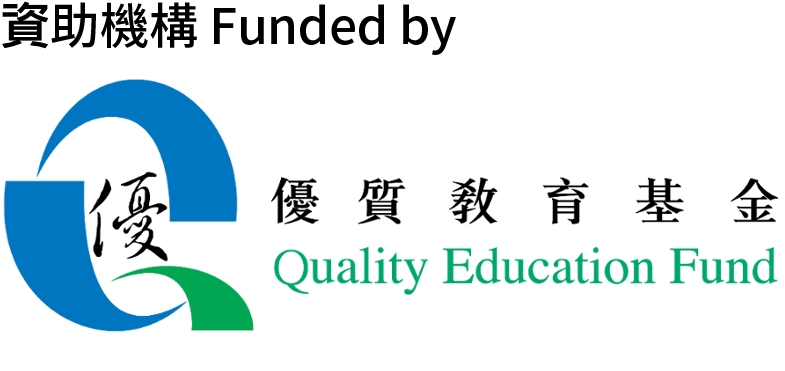
The Quality Education Fund Thematic Network – Tertiary on Integrated SDL Approach to School-based STEM Development (In-STEM) aims to:
- build professional capacity of schools and teachers for innovative STEM development through the adoption of self-directed learning (SDL) pedagogy,
- enhance teachers’ assessment literacy especially in relation to STEM education, and
- build joint-school networks for sustainable and scalable pedagogical and assessment innovations.
The 12-month (Sep 2019- Aug 2020) project targeting primarily at upper primary (P.4-6) and lower secondary (S1-3) levels is funded by the Quality Education Fund. 16 Network Schools and 4 Resource Schools have joined the In-STEM project in the 2019/20 school year.
The goals of STEM education are to enhance development of 21st century skills (e.g. problem solving, critical thinking, creativity, collaboration) as well as entrepreneurial spirit of students, and to build primarily their knowledge and skills in the areas of Science, Technology, Engineering and Mathematics. There is a growing emphasis on the development of STEM education that can provide opportunities for students to integrate and apply knowledge of different disciplines e.g. the four STEM disciplines to help solve real life problems. The implementation of STEM innovations in schools calls for careful design of organizational learning at the school level as well as effective design of student learning at the classroom level. Apart from professional development activities and on-site support, two technological tools, iLAP and Learning Design Studio (LDS) developed by Centre for Information Technology in Education (CITE), are provided to Network and Resource Schools to support the iterative process of learning and assessment design, and sharing and management of the knowledge generated.

